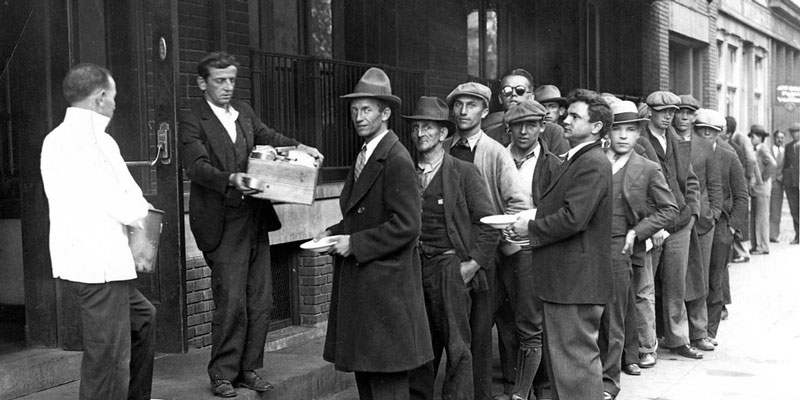
You can have single-payer or freedom, but not both.
Last night, I pondered Luis Daniel Munoz’s argument for a single-payer healthcare system on a recent State of the State episode.
He’s a compelling speaker, and it all sounds so reasonable. Smart, well-meaning people can pick a model and give it a try. Experts will keep an eye on the program, and if it isn’t working, they’ll offer suggestions, to be thoroughly vetted through a representative, democratic process. Our system is so bad, now — the claim goes — that a gradual improvement toward perfection will be preferable even at the experimental outset.
The problem is… it’s a fantasy.
First of all, America’s healthcare system is wonderful, on the whole. Sure, it’s expensive and has gaps. The biggest cause of the expense, however, is the pressure toward single-payer that progressives have been applying for decades. As for the gaps, there’s a better solution, which I’ll describe briefly below.
Second of all, our current civic problems prove amply that progressives’ vision of how the system will adjust over time won’t happen. When assessing complex systems, experts never agree (and, frankly, we shouldn’t want them to); often, consensus just means that one faction figured out how to silence contrary views. The political leaders making decisions have no independent expertise by which to differentiate and political incentive to cover their own rears and please their supporters. On that note, every approach will have a built-in constituency with economic survival as incentive to push for no change, or at best to layer new systems on top of the old ones.
Moreover, single payer cannot work even in principle in a free country. There will always be some new explanation for why it didn’t work the last time it was tried, but it simply can’t.
Munoz acknowledges that Japan, for example, has the advantage of being homogenous. This is important for two reasons. Superficially, people tend to cooperate more with people like them. More substantively, the homogeneity is not just racial, but cultural. That is, to the extent a more-single-payer system works there, it’s the Japanese culture that makes it possible.
For such a system to work, people have to take responsibility for their own health voluntarily (which means traditional, cultural pressure, which which progressives tend to reject) or limit their demands on the system voluntarily (which progressives reject as injustice). If people won’t do these things voluntarily, the government must impose them, which is a recipe for totalitarian disaster.
The balance we can strike is to impose voluntary prudence by getting away from insurance (except for extreme events) and toward a pay-for-service model. Health savings accounts, could be used for that purpose, and individuals, businesses, and charitable organizations could all put money in people’s accounts according to their own vocations, with government backstopping the most basic services for those who need them.
The reality is that single payer will lead to increased government control of our lives, which conservatives tend to assume is the whole point and motivation for progressives, although it could be naivete. Munoz seems sincere enough, that I’d assume the latter.
Conservatives need to be more deliberate and vocal about how our solutions wouldn’t leave people to die in the streets, but by the same token, progressives need to start being more realistic about the requirements of their intellectual framework.
Featured image by Washington Area Spark on Flickr.

For anyone who wishes experience with a single payer system, I recommend a trip to the Registry of Motor Vehicles. One might also consider the number of Canadians traveling here for care, and the disappearance of English doctors in the British system.